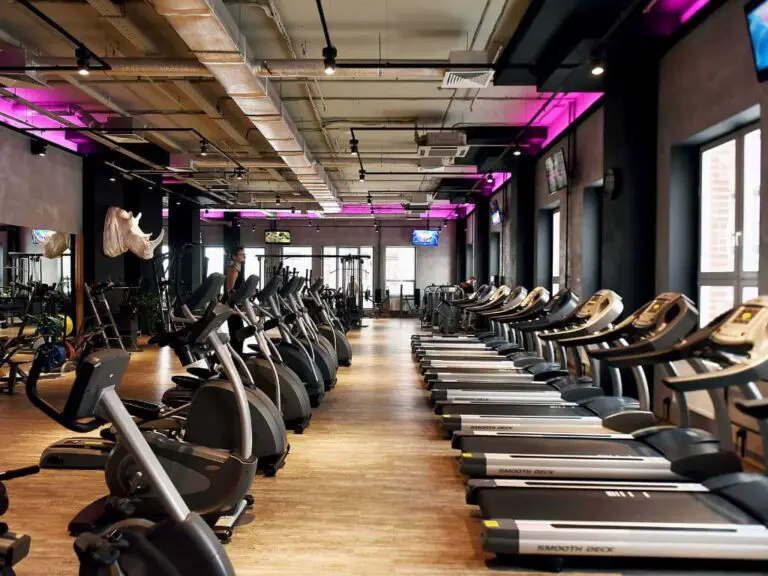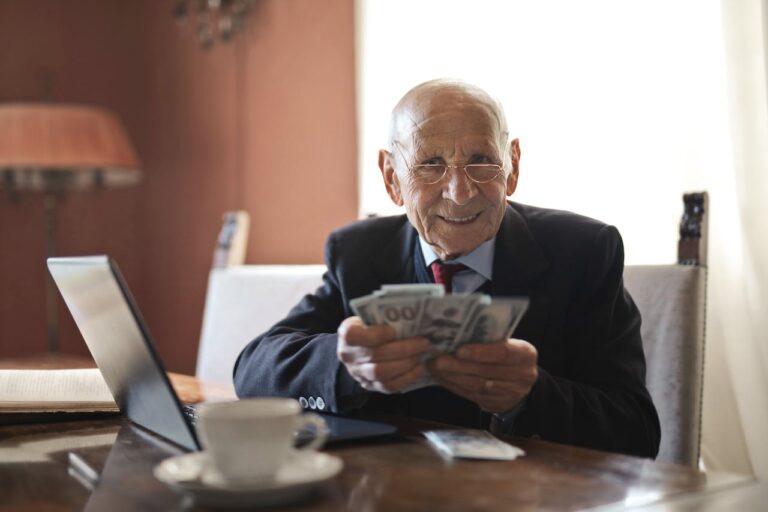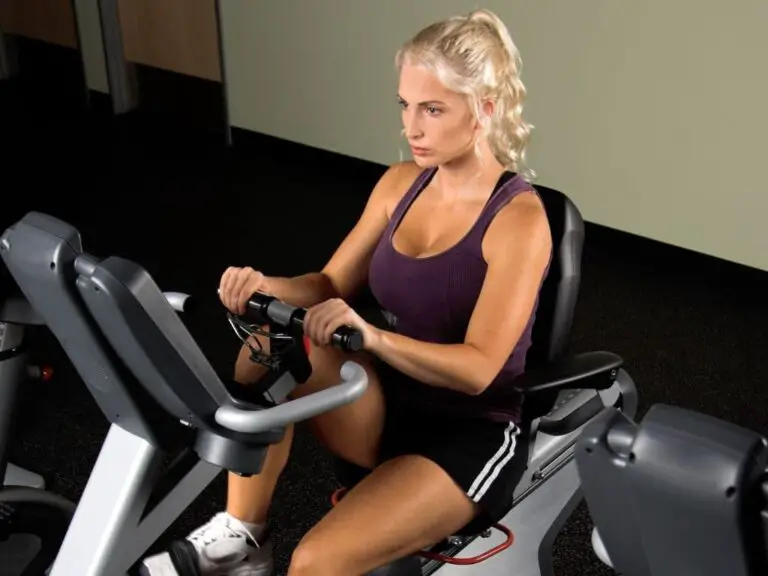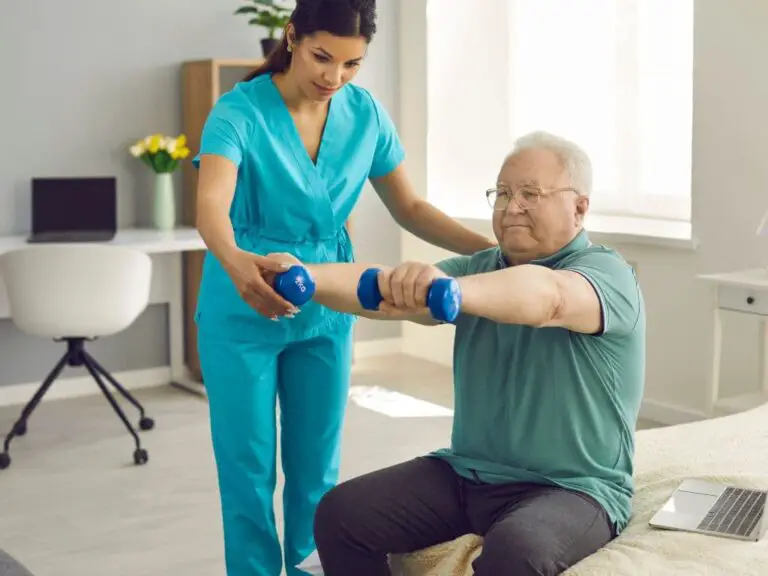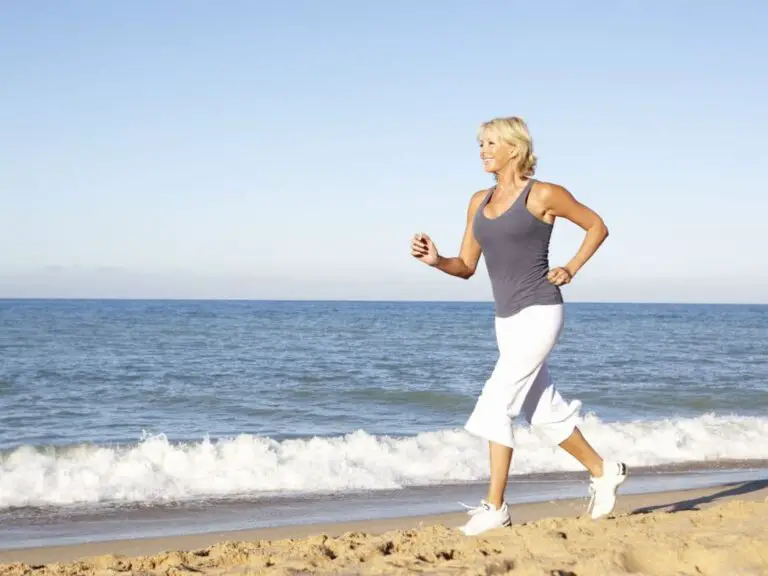Why Do I Feel So Old and Tired?
Feeling constantly tired and drained of energy is an increasingly common complaint among seniors. While some fatigue is normal as we age, excessive or chronic fatigue can seriously diminish one’s quality of life and independence. It’s important to understand why seniors often feel so weary, how it impacts daily living, and what can be done to regain vitality.
Feeling old and tired can result from various factors such as medical conditions like anemia and diabetes, side effects of medications, lifestyle factors like poor nutrition and lack of exercise, and age-related cellular changes. Chronic fatigue in seniors can lead to decreased motivation, physical weakness, and social withdrawal. Strategies to combat this include regular exercise, a healthy diet, good sleep habits, managing stress, and treating any underlying medical conditions.
With lifestyle changes, proper medical care, and a proactive approach, seniors can overcome fatigue and continue to feel healthy, engaged, and energetic well into their later years. This article explores the causes, symptoms, prevention, and treatment of fatigue in the senior population – read on to regain your zest for life.
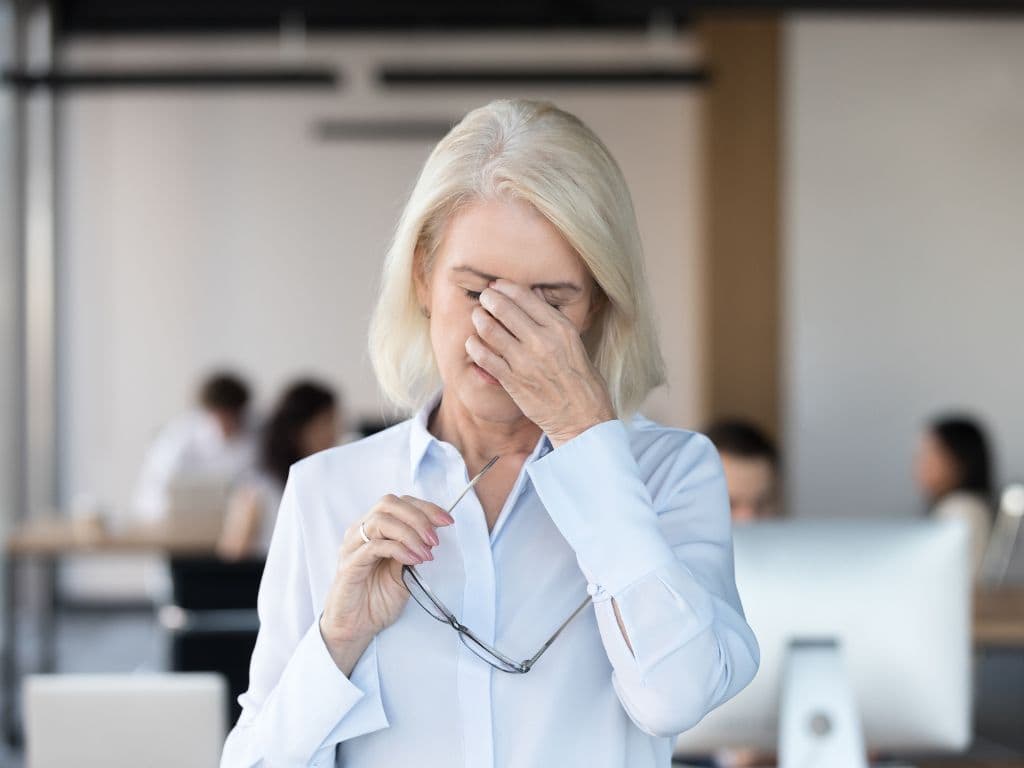
What Is the Definition of Fatigue and How Does It Affect Seniors’ Daily Life?
Fatigue is defined as an ongoing feeling of tiredness, lack of energy, or exhaustion that persists over time. Unlike normal tiredness that improves with rest, fatigue causes severe tiredness even after an adequate night’s sleep or rest period. The fatigue experienced by seniors is usually chronic, not temporary or acute.
For seniors, excessive fatigue often manifests in difficulties concentrating, decreased motivation, inability to complete daily tasks, physical weakness, irritability, lack of interest in social activities, and not feeling rested even after resting. Simple chores like making the bed, reading a book, or taking a short walk can leave seniors feeling completely spent.
This has serious implications for seniors’ daily functioning and quality of life. Fatigue can make it very challenging for seniors to maintain their independence, social relationships, physical abilities, and cognitive sharpness. It can lead to social withdrawal, loss of mobility, and depression. Coping with constant tiredness is frustrating and prevents seniors from enjoying their golden years.
What Are the Most Common Symptoms and Causes of Fatigue in Seniors?
Seniors dealing with more than normal fatigue may experience symptoms like persistent tiredness and weakness, sore muscles, difficulty concentrating or making decisions, irritability, headaches, dizziness, shortness of breath, and loss of appetite.
There are a number of potential causes behind fatigue in seniors:
Medical Conditions
Several medical conditions commonly cause fatigue by reducing oxygen circulation, disrupting sleep, creating inflammation, or overloading the immune system. Examples include anemia, sleep apnea, heart disease, diabetes, cancer, infections, and thyroid disorders.
Medications
Many common medications have fatigue as a side effect. Blood pressure medications, antihistamines, antidepressants, and others can leave seniors feeling drained. Checking with a doctor about medication side effects is important.
Lifestyle Factors
Factors like inadequate sleep, poor nutrition, lack of exercise, excessive stress, and grief over life changes can all sap seniors’ energy reserves. Evaluating lifestyle habits is key.
Aging
Cellular changes from aging can lead to decreased energy metabolism. Fatigue from aging may be exacerbated by multiple chronic health conditions.
What Are the Risk Factors for Fatigue in Seniors and How Can They Be Prevented?
There are certain risk factors that make seniors more vulnerable to fatigue as they age:
- Sedentary lifestyle and lack of physical activity
- Being overweight or obese
- Chronic stress
- Social isolation and loneliness
- Poor sleep habits like insomnia or frequent nighttime waking
- Medical conditions like heart disease, cancer, diabetes
- Side effects of certain prescription medications
- Age-related cell and organ changes
While some risk factors cannot be changed, seniors can take proactive steps to prevent and minimize fatigue:
- Get regular exercise appropriate for physical ability
- Follow a healthy diet with nutrient-dense whole foods
- Practice good sleep hygiene habits like sticking to a schedule
- Reduce stress by identifying triggers and using relaxation techniques
- Treat any underlying medical issues after consulting a doctor
- Stay socially engaged in people and activities
- Take short rests between activities to conserve energy
Making positive lifestyle choices empowers seniors to avoid fatigue.
How Does Sleep Affect Fatigue in Seniors and What Can Be Done to Improve Sleep Quality?
Good quality sleep is essential for keeping seniors’ energy levels up. But many seniors suffer from poor sleep due to issues like sleep disorders, frequent nighttime urination, pain, and medication effects. Too little sleep or broken sleep fails to refresh and recharge seniors’ minds and bodies.
As a result, seniors often feel drowsy, mentally foggy, and physically drained during the day. Poor sleep drags down all aspects of seniors’ health. Enhancing sleep quality can significantly boost energy levels.
To improve sleep, seniors can stick to a regular sleep-wake cycle, make the bedroom dark and comfortable, avoid caffeine and daytime napping, establish a relaxing pre-bed routine, use white noise machines, and consult a doctor about sleep medications if needed.
Treating any underlying issues disrupting sleep, like sleep apnea, restless legs syndrome, or chronic pain, is crucial. Quality nighttime sleep allows seniors to start the day feeling rested, renewed, and energetic.
How Can a Healthy Diet Help Seniors Cope With Fatigue?
Eating a nutritious, balanced diet gives seniors’ bodies the essential compounds and micronutrients needed to produce energy and function optimally. Key dietary strategies to combat fatigue include:
- Consuming lean proteins like fish, poultry, eggs, beans to support muscle mass and prevent sarcopenia.
- Eating complex carbohydrates such as whole grains, legumes, starchy vegetables to provide sustained energy.
- Getting healthy fats from olive oil, nuts, avocados for long-lasting fuel.
- Staying hydrated with plenty of water and nutritious fluids.
- Limiting processed sugars, saturated fats, and sodium.
- Ensuring adequate iron intake to prevent anemia.
- Taking supplements if necessary to address any nutritional deficiencies.
- Avoiding heavy or hard-to-digest meals late at night that disrupt sleep.
Proper nutrition provides seniors with the building blocks for vitality and vigor at any age. Consulting with a doctor or nutritionist ensures seniors follow the optimal diet for their needs.
What Exercises Are Safe for Seniors and How Can They Help in Managing Fatigue?
Regular physical activity has numerous benefits that reduce fatigue by:
- Strengthening the heart and lungs’ ability to circulate oxygenated blood.
- Building muscle strength and joint flexibility to make movement easier.
- Promoting more restful sleep.
- Reducing inflammation and risk of chronic disease.
- Releasing feel-good endorphins that boost mood and energy.
Safe, low-impact exercises for seniors include walking, swimming, water aerobics, yoga, Tai Chi, light weight training, stretching, and chair exercises. Starting slowly and gradually increasing duration and intensity is key. A physical therapist can recommend a program tailored to seniors’ abilities.
Moving the body energizes both mind and spirit. But overexertion can backfire, so checking with a doctor first is important, especially for previously sedentary seniors.
How Can Seniors Manage Stress to Reduce Fatigue?
Coping with chronic stress often wears down seniors’ reserves of energy and resilience. Finding healthy stress management strategies should be part of any fatigue reduction plan. Helpful approaches include:
- Identifying stress triggers and finding ways to alleviate or avoid them.
- Practicing relaxation techniques like deep breathing, meditation, mindfulness.
- Sharing feelings and burdens with supportive family, friends, or professionals.
- Engaging in enjoyable hobbies and diversions to take breaks from daily worries.
- Learning to set boundaries and saying no to unnecessary obligations.
- Letting go of perfectionism and focusing on what you can control.
- Adopting a positive, solution-oriented attitude.
- Getting professional counseling if feeling anxious, depressed or overwhelmed.
Managing stress and balancing responsibilities preserves seniors’ energy so they can thrive in later life.
How Can Seniors Stay Mentally Healthy and How Does It Impact Fatigue?
Staying engaged and mentally stimulated helps seniors feel a sense of purpose and vitality. To maintain mental health and energy:
- Exercise the brain daily with challenging activities like puzzles, learning new skills.
- Participate in social interactions to avoid isolation.
- Find meaningful interests and hobbies that bring enjoyment.
- Stay positive, grateful and optimistic.
- Volunteer to help others and give back to the community.
- Get treatment for any mental health conditions like depression or anxiety.
- Do cognitive activities and games to strengthen memory.
- Maintain a sense of humor and laughter in your life.
Keeping the mind active and upbeat helps avoid the fatigue that can come from boredom, loneliness, or loss of purpose. Focusing on the positive improves seniors’ outlook and energy to live life to the fullest.
What Are the Treatments for Fatigue in Seniors?
If lifestyle measures don’t relieve fatigue, it’s important for seniors to consult a physician to identify any underlying medical issues causing symptoms. Doctors can prescribe treatments that may include:
- Medications – Such as antidepressants and stimulants to improve alertness and concentration.
- Counseling – Therapy to manage conditions like depression, grief, or stress.
- Hormone therapy – Replacing deficient hormones like thyroid, testosterone.
- Anemia drugs – Iron supplements or erythropoietin.
- Surgery – For issues like sleep apnea or thyroid disorders.
- Dialysis – For kidney disease.
- Pain management – To allow quality sleep.
Some alternative approaches like acupuncture, massage, meditation may also help reduce fatigue. A comprehensive approach tailored to the individual offers seniors the best chance of success.
Conclusion
As we age, some fatigue is normal. But excessive chronic fatigue can seriously impact seniors’ health, mobility, and joie de vivre. By understanding what causes fatigue in later life, making healthy lifestyle choices, and seeking medical advice when appropriate, seniors can regain their vitality.
With proper sleep habits, regular exercise, stress reduction, mental stimulation, and optimal nutrition, the senior years can be filled with energy, purpose, and engagement. Don’t write off fatigue as an inevitable part of aging. Take steps to improve your sense of wellbeing and remain active and enthusiastic in your golden years.
The key is being proactive about your health – get checked out by your doctor if you have new fatigue lasting longer than two weeks. With the right lifestyle habits and treatments tailored to your needs, you can continue pursuing your passions and find enrichment in your later life.
Frequently Asked Questions
-
How can I get in shape at 70?
Aerobic exercise is important for seniors. They need to get at least 2 hours of exercise each week, such as brisk walking. This is about 30 minutes most days. Walking, dancing and tennis are endurance exercises that improve your energy, breathing and heart rate. Stretching and yoga are great ways to stay flexible.
-
What does it mean when someone drags their feet when they walk?
People who drag their feet signify a lack of energy, sadness or lethargy. This person cannot let go of worries or stress.
-
What exercise should a 65 year old woman do?
Seniors over 65 should be able to get 2.5 hours of aerobic activity (such as walking briskly) each week. This averages to around 30 minutes per day on most days. You can also do 1 hour 15 minutes of intense exercise each week (such as running or jogging).
-
Why do I feel so old and tired?
Diabetes, chronic diseases such as heart disease and kidney disease, renal disease, thyroid disease and chronic obstructive lung disease (COPD), untreated pain, and diseases such as fibromyalgia. Anemia. Sleep apnea or other sleep disorders.
-
What causes weak legs in elderly?
Seniors often experience weak legs due to the loss of muscle mass. We age and become less active which causes us to lose muscle strength.
-
How much water should an 84 year old woman drink per day?
Aim for six to eight glasses per day.
-
What is the best exercise for a 72 year old woman?
The American Heart Association states that moderate intensity activities are walking, dancing, and water aerobics. Vigorous activities include running, jumping rope, swimming laps, and running. For older women, there isn’t one best aerobic exercise.
-
Is walking everyday enough exercise?
Yes, that’s the short answer. According to Laura Goldberg MD, University Hospitals pediatric sport medicine specialist, walking is as effective as any form of exercise. Guidelines are to do 150 minutes of moderate exercise per week and 75 minutes of vigorous activities each day.
-
Is age 75 considered old?
The chronological age at which an individual is considered to be 65 years old or more has traditionally been defined as being the “older” category. People aged 65-74 are often referred to early elders, and those older than 75 are called late old.
-
Can old lady arms be toned?
Your body loses muscle mass as you get older. You can still tone and lose fat after age 60 or later. You can tone your arms by engaging in strength training to build and tone the muscles.

